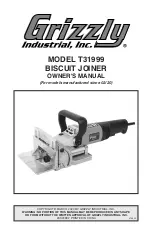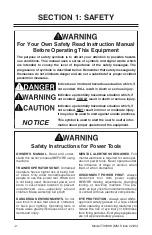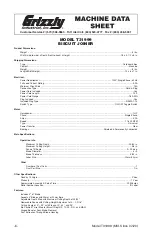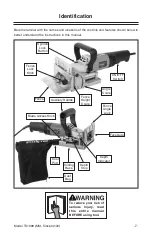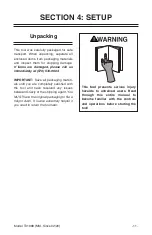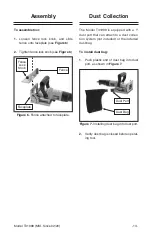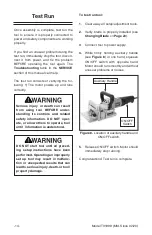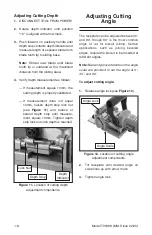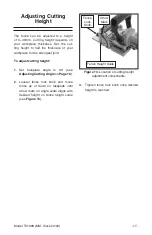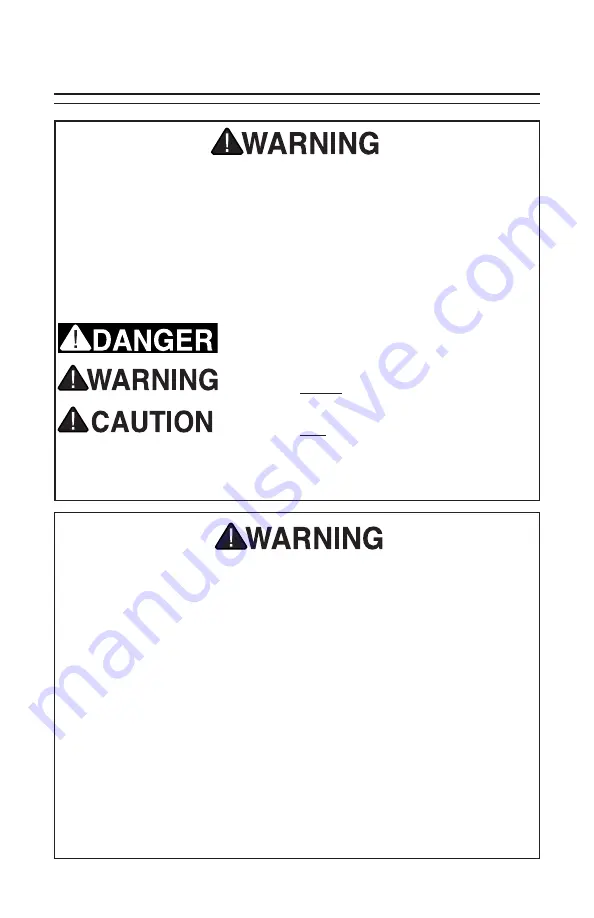
For Your Own Safety Read Instruction Manual
Before Operating This Equipment
The purpose of safety symbols is to attract your attention to possible hazard-
ous conditions. This manual uses a series of symbols and signal words which
are intended to convey the level of importance of the safety messages. The
progression of symbols is described below. Remember that safety messages by
themselves do not eliminate danger and are not a substitute for proper accident
prevention measures.
Indicates an imminent hazardous situation which, if
not avoided, WILL result in death or serious injury.
Indicates a potentially hazardous situation which, if
not avoided, COULD result in death or serious injury.
Indicates a potentially hazardous situation which, if
not avoided, MAY result in minor or moderate injury.
It may also be used to alert against unsafe practices.
This symbol is used to alert the user to useful infor-
mation about proper operation of the equipment.
NOTICE
Safety Instructions for Power Tools
OWNER’S MANUAL. Read and under-
stand this owner’s manual BEFORE using
machine.
TRAINED OPERATORS ONLY. Untrained
operators have a higher risk of being hurt
or killed. Only allow trained/supervised
people to use this power tool. When tool
is not being used, disconnect power, and
store in out-of-reach location to prevent
unauthorized use—especially around
children. Make workshop kid proof!
DANGEROUS ENVIRONMENTS. Do not
use tools in areas that are wet, cluttered,
or have poor lighting. Operating tools in
these areas greatly increases risk of acci-
dents and injury.
MENTAL ALERTNESS REQUIRED. Full
mental alertness is required for safe oper-
ation of power tools. Never operate under
the influence of drugs or alcohol, when
tired, or when distracted.
DISCONNECT POWER FIRST. Always
disconnect tool from power supply
BEFORE making adjustments, changing
tooling, or servicing machine. This pre-
vents an injury risk from unintended startup
or contact with live electrical components.
EYE PROTECTION. Always wear ANSI-
approved safety glasses or a face shield
when operating or observing machinery to
reduce the risk of eye injury or blindness
from flying particles. Everyday eyeglasses
are not approved safety glasses.
Model T31999 (Mfd. Since 02/20)
-2
-
SECTION 1: SAFETY
Summary of Contents for T31999
Page 32: ......

